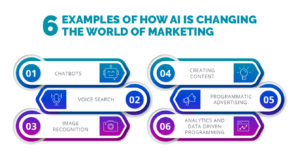-
 ISOURCE BLOG
ISOURCE BLOG
HubSpot in Action: Scale your B2B Marketing with CRM, AI, and Automation
Share
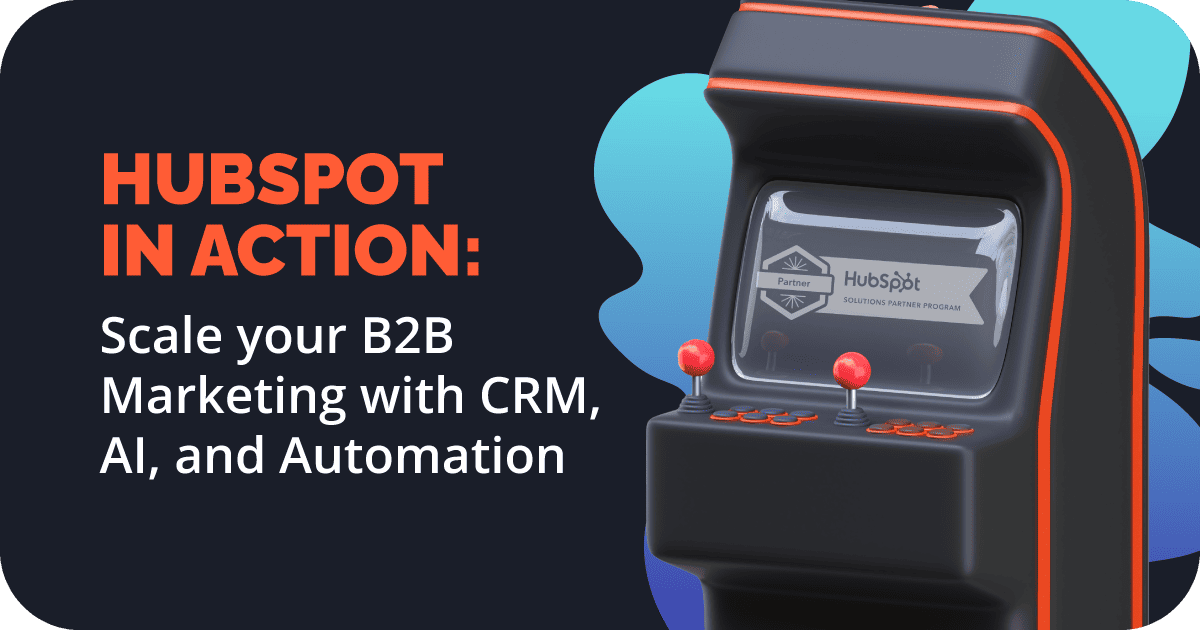
Is your marketing strategy still relying on assumptions, manual processes, and scattered data?
When opportunities are measured in clicks and seconds, lacking tools that provide full control, efficiency, and visibility doesn’t just slow you down—it costs you sales.
HubSpot has evolved. Today, it combines intelligent automation, a robust CRM, and artificial intelligence to help you attract high-quality leads, streamline your team’s workflows, and accelerate every stage of your sales funnel.
As an official HubSpot partner, we at Isource understand the value of leveraging this platform’s full potential to optimize marketing, sales, and customer service operations.
In this article, we’ll explore how HubSpot’s advanced, AI-powered features can transform how your business scales, converts, and grows—with precision.
Why HubSpot is the missing piece to unlock your Business Growth?
When a tech company is ready to grow, it needs more than isolated tools or fragmented systems. It needs a unified solution that connects lead generation, sales, and long-term customer engagement. That’s exactly what HubSpot offers—a comprehensive platform designed to drive growth in a structured, measurable, and scalable way.
HubSpot integrates marketing, sales, customer service, and CRM into a single solution. This not only streamlines team collaboration but also provides complete visibility across the customer lifecycle—from the first click to post-sale engagement—all in one place.
Now, with artificial intelligence (AI) powering its features, the platform has become even smarter—helping you move faster, close more deals, and optimize every customer touchpoint.
CRM in motion: accelerate results with smart Sales Execution
Manually managing leads is no longer sustainable for businesses ready to scale.
Real growth happens when your CRM stores data, prioritizes opportunities, automates tasks, and empowers your team to act at the right moment.
HubSpot CRM provides a clear view of every contact, automates repetitive tasks, and centralizes all relevant customer information. With Breeze, HubSpot’s native AI, the CRM becomes truly proactive.
Breeze analyzes real-time data, identifies conversion patterns, and delivers intelligent recommendations, so your sales team can focus where it matters most.
Key features enhanced by Breeze:
- Automated lead scoring based on user behavior and engagement.
- Deal closure predictions to allocate resources to the most promising opportunities.
- Actionable insights, such as the best time to contact a lead or which content to share.
Every sales decision is backed by real data and predictive insights—no more chasing cold leads or relying on guesswork.

Smarter Inbound Marketing: Content that puts the game in your favor

Winning at inbound marketing today requires both relevance and execution efficiency. With HubSpot, you can design and automate your entire content strategy—blogs, emails, landing pages, forms, CTAs, and more.
Everything is built to attract qualified leads, convert them, and nurture them with the right content at the right moment.
What sets HubSpot apart is how it executes this through automation—especially with Breeze Copilot, its AI-powered assistant that enables:
- Drafting blog posts and email campaigns with personalized suggestions.
- Optimizing content for real-time SEO based on search intent and competitive data.
- Automatically segmenting audiences and delivering dynamic content tailored to interests and behaviors.
The result is an inbound strategy that not only scales but improves with every interaction. Your leads receive meaningful, timely content while your team focuses on what truly matters—turning ideas into measurable results.
Still unsure how to improve your content strategy and achieve effective inbound marketing? Check out our Comprehensive Guide: Advanced Inbound Marketing Strategies for the Technology Sector
Automate, Scale, and Grow: Tools that seamlessly connect your marketing and sales

The gap between businesses that scale and those that stall comes down to execution. Having strategies is not enough—you must implement them quickly, with precision, and at scale.
HubSpot recognizes this challenge and goes far beyond CRM and inbound marketing.
With HubSpot, you can:
to nurture leads, assign tasks to your sales team, and trigger alerts based on user behavior.
to answer inquiries, qualify leads, and automatically schedule meetings.
tailored to each prospect’s past interactions.
All of this becomes even more powerful with Breeze Agents, HubSpot’s intelligent assistants that help:
- Automate prospecting processes.
- Schedule administrative tasks.
- Personalize outreach based on lead intent.
Think of HubSpot’s AI as an extension of your team—managing repetitive tasks, analyzing real-time data, and providing recommendations to boost efficiency and drive results faster.
Conclusion: HubSpot takes your marketing to the next level

Today, scaling success depends on how smart, integrated, and agile your processes are. HubSpot is more than a CRM or a marketing tool—it’s the upgrade your strategy needs to grow in a structured, measurable, and sustainable way.
Whether you’re a fast-growing startup or an established tech business, HubSpot is the solution that supports your growth objectives.
Achieving real impact with HubSpot requires more than just access—it takes strategy, structure, and expert guidance.
At Isource, as official HubSpot partners, we transform the platform into a true growth engine for your business.
From CRM setup to full marketing and sales automation, we’ll support you every step of the way—helping you unlock HubSpot’s full potential and drive meaningful results.

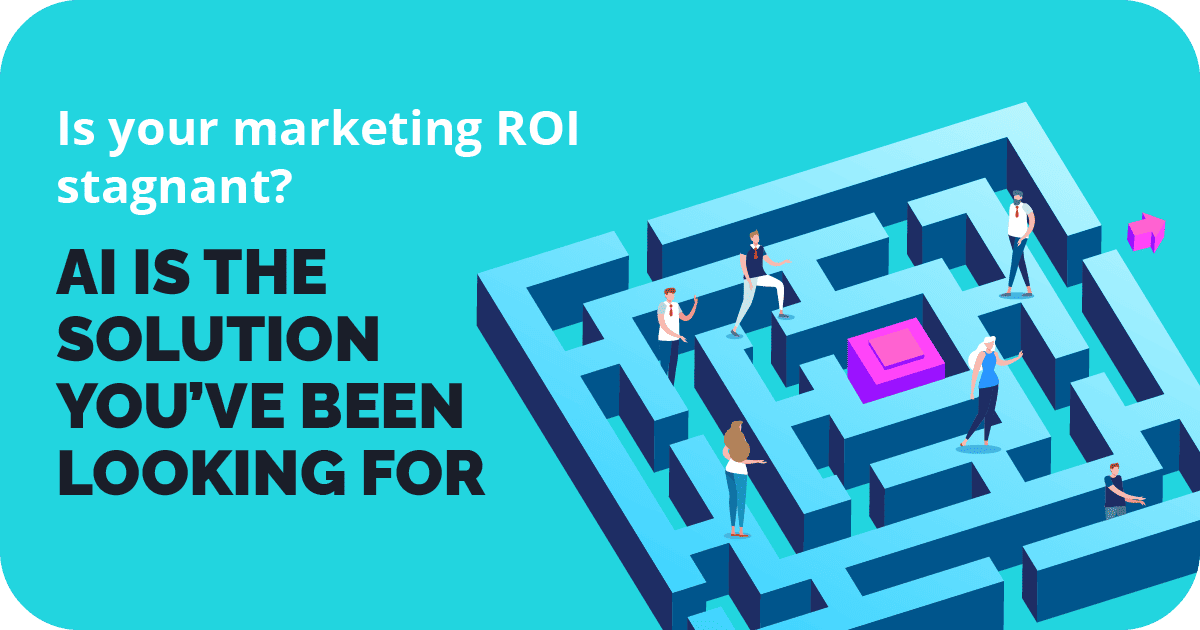
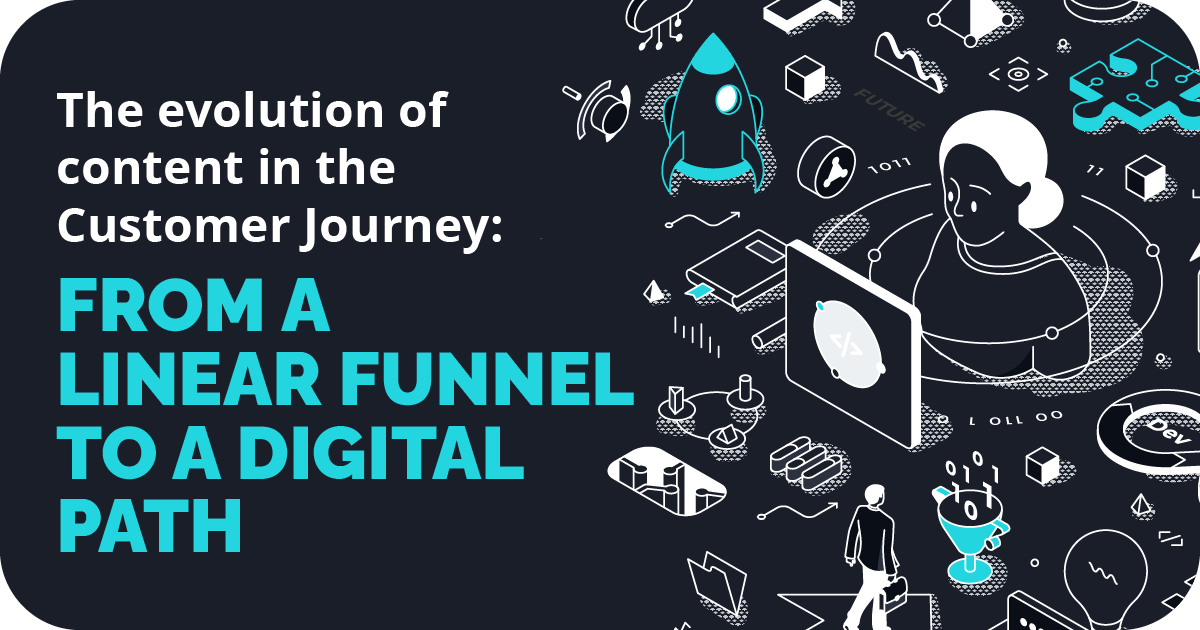
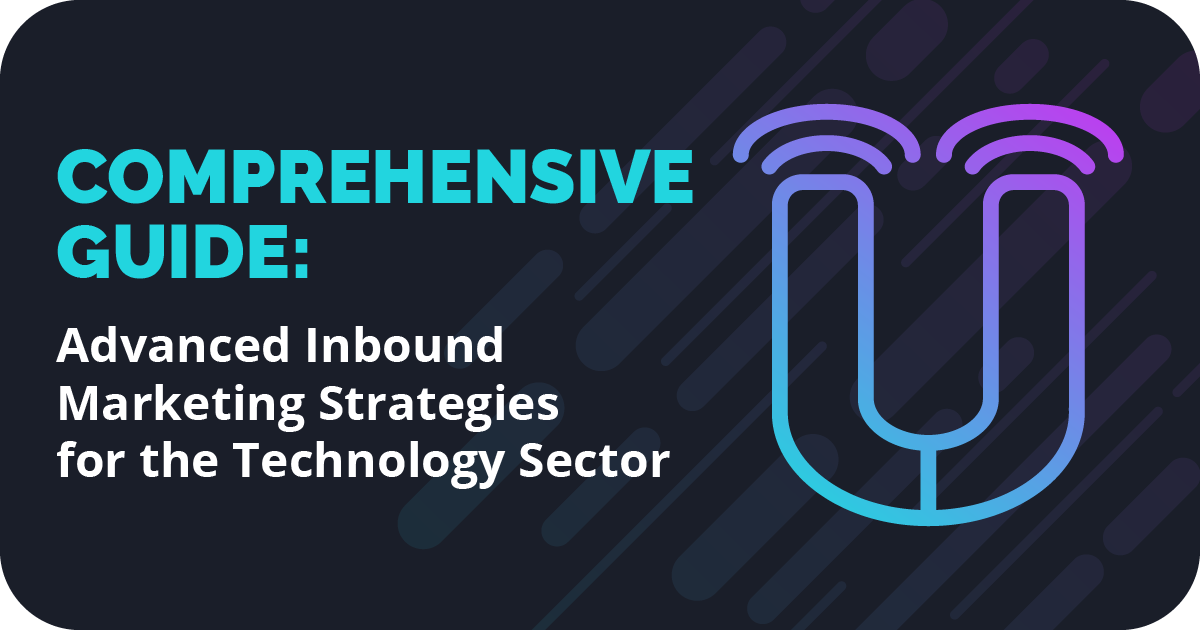
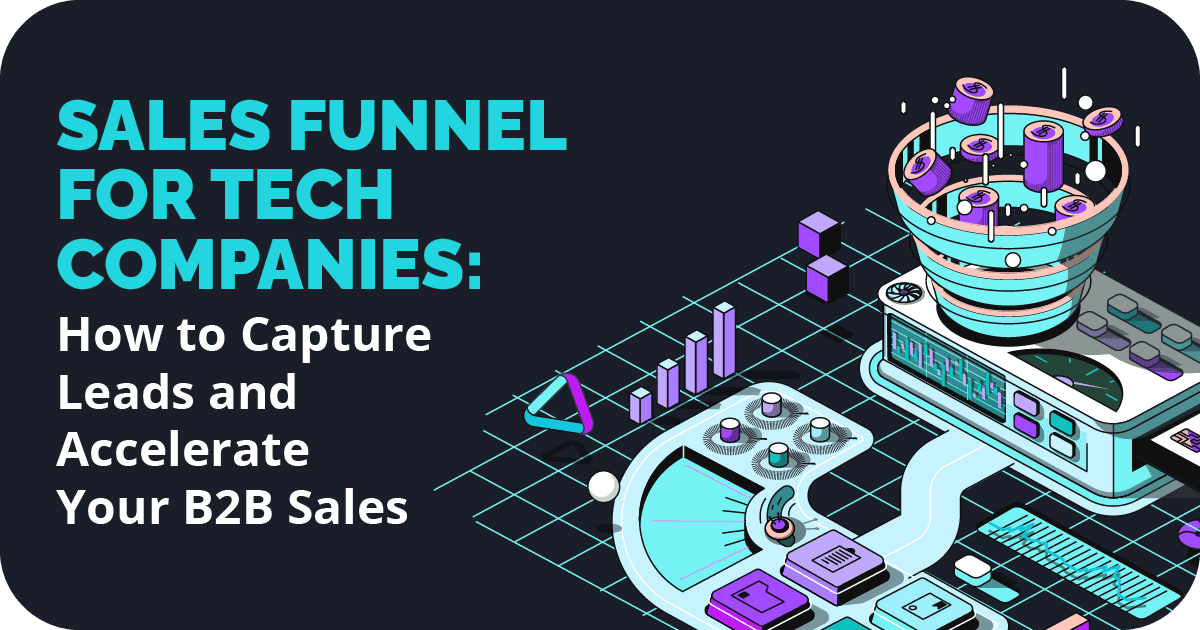
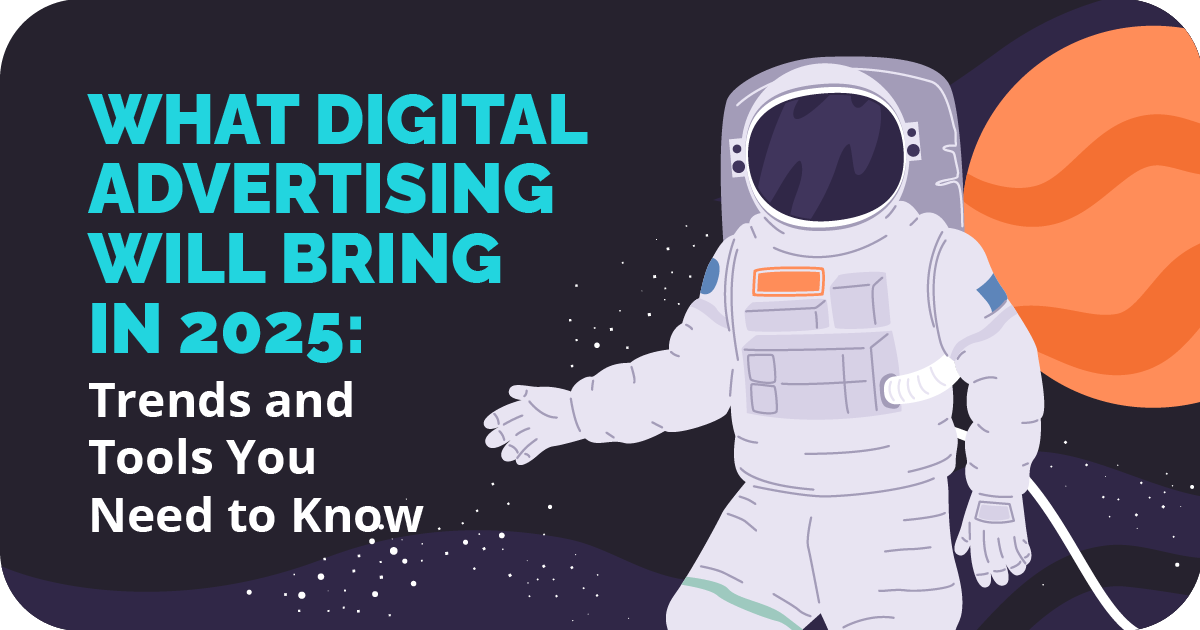
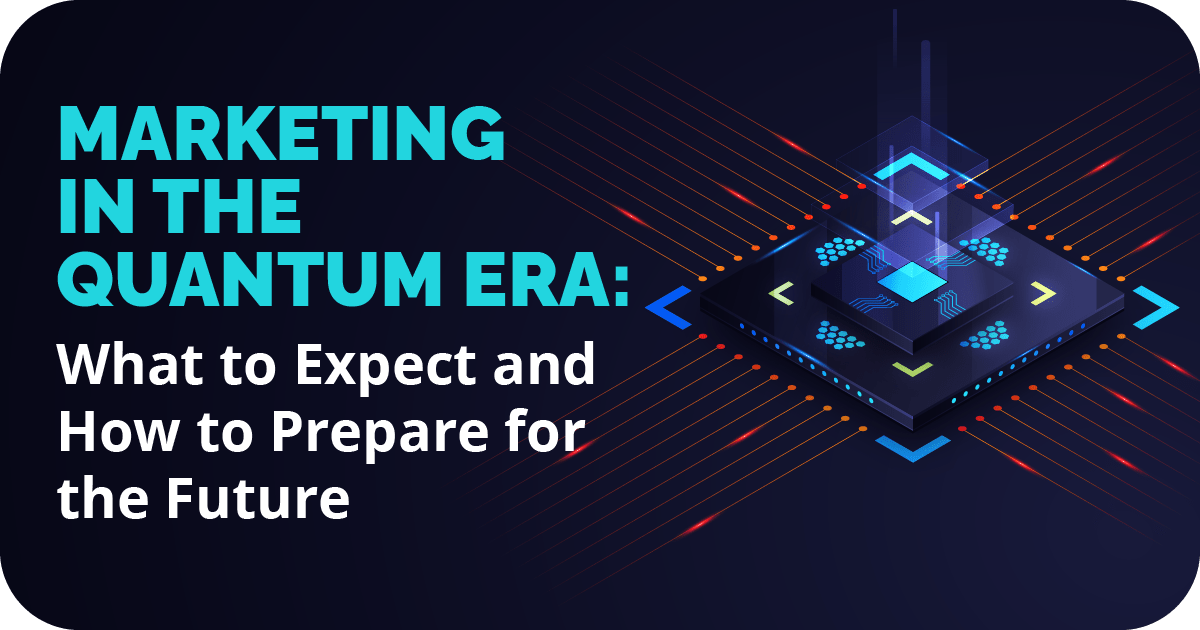



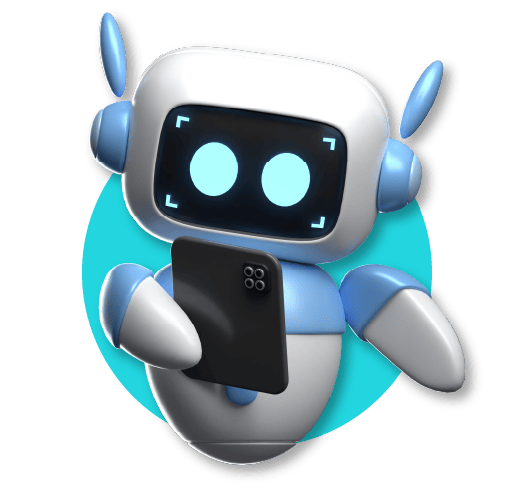
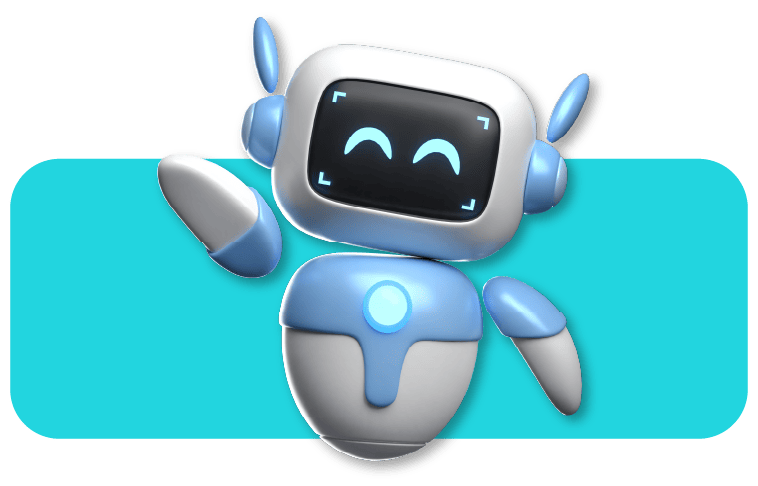
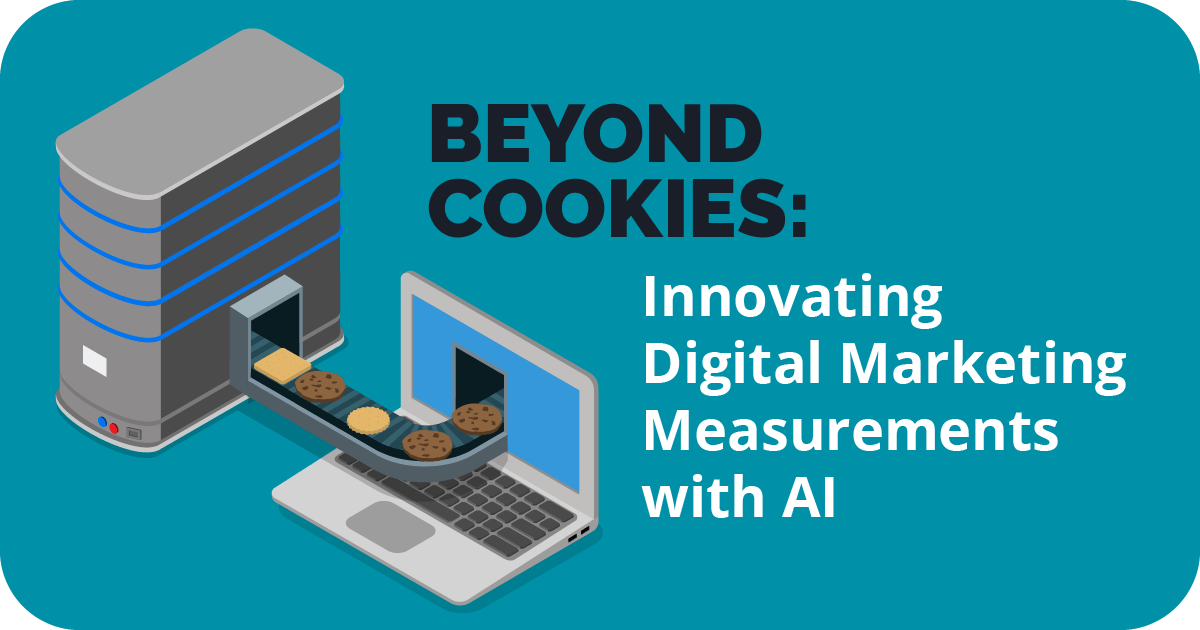
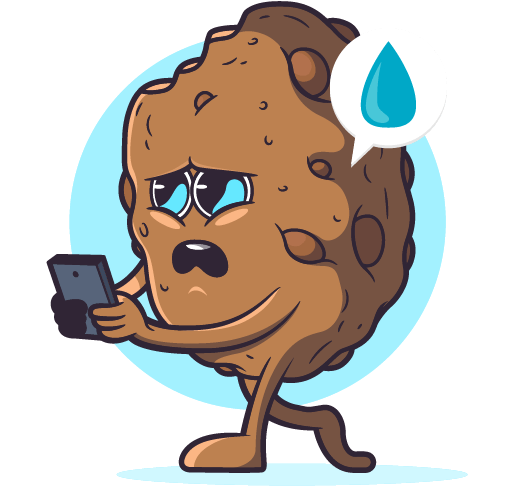




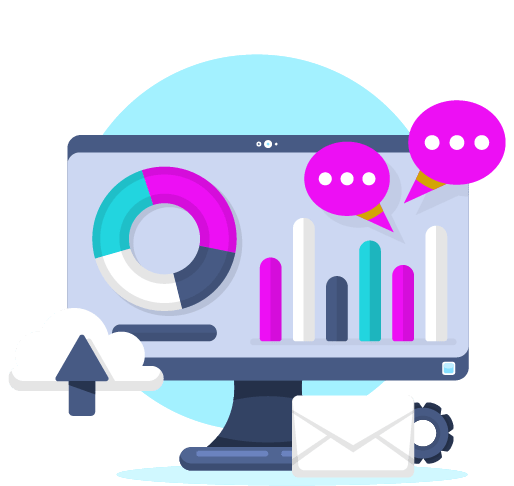
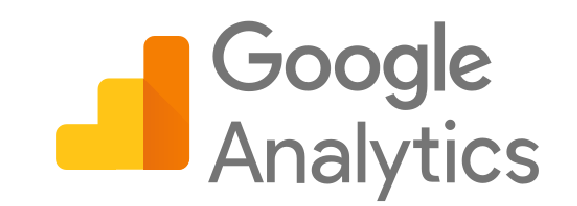

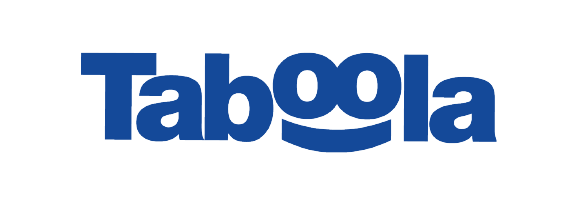
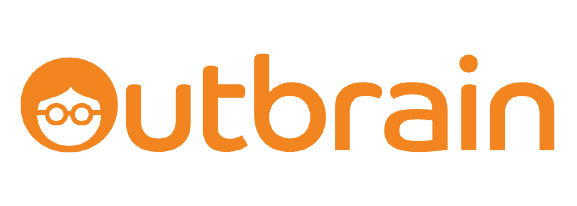

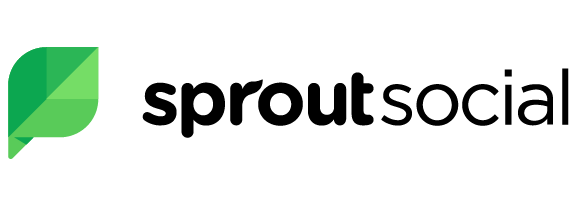
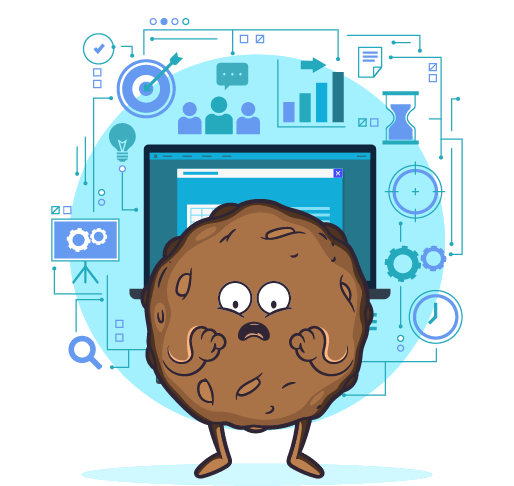

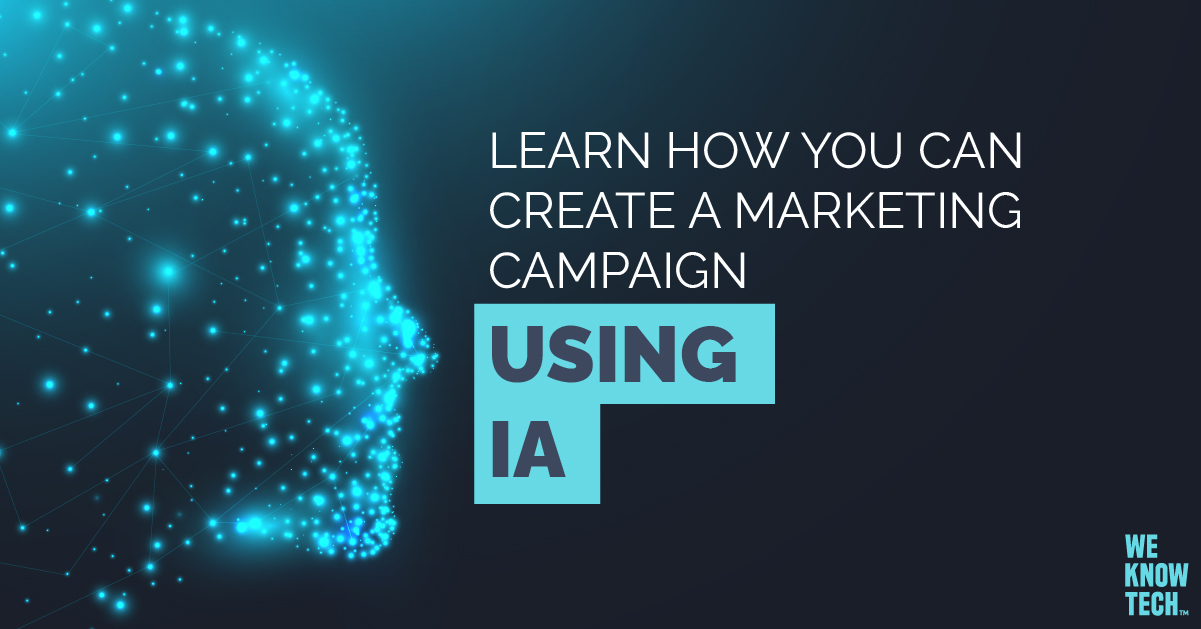
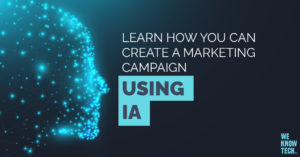











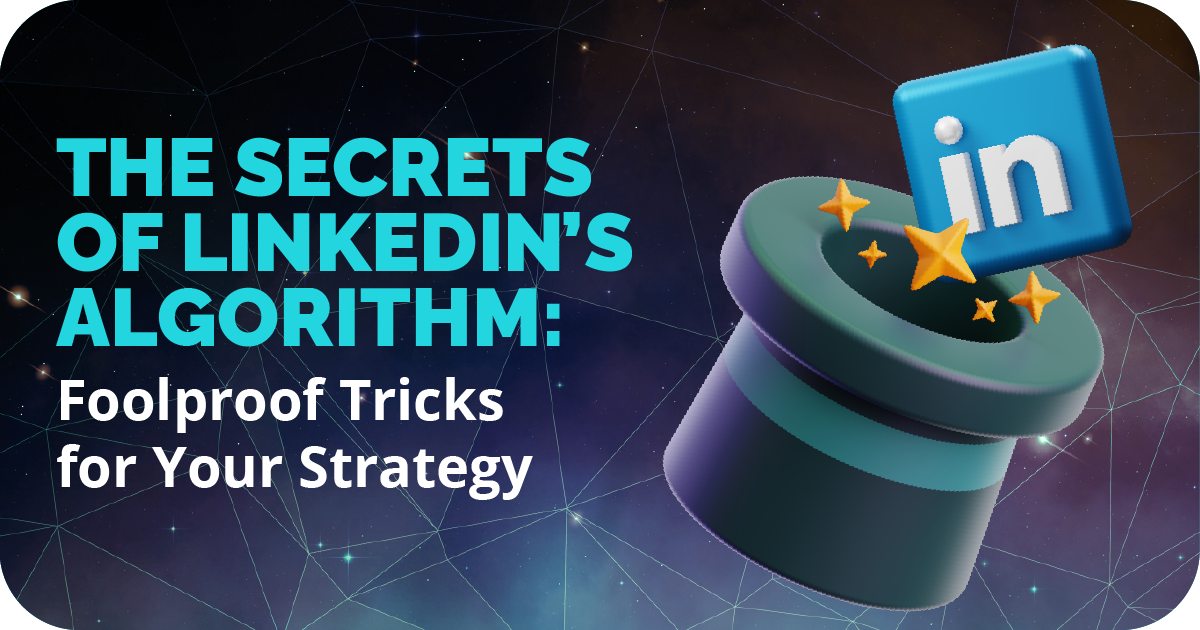
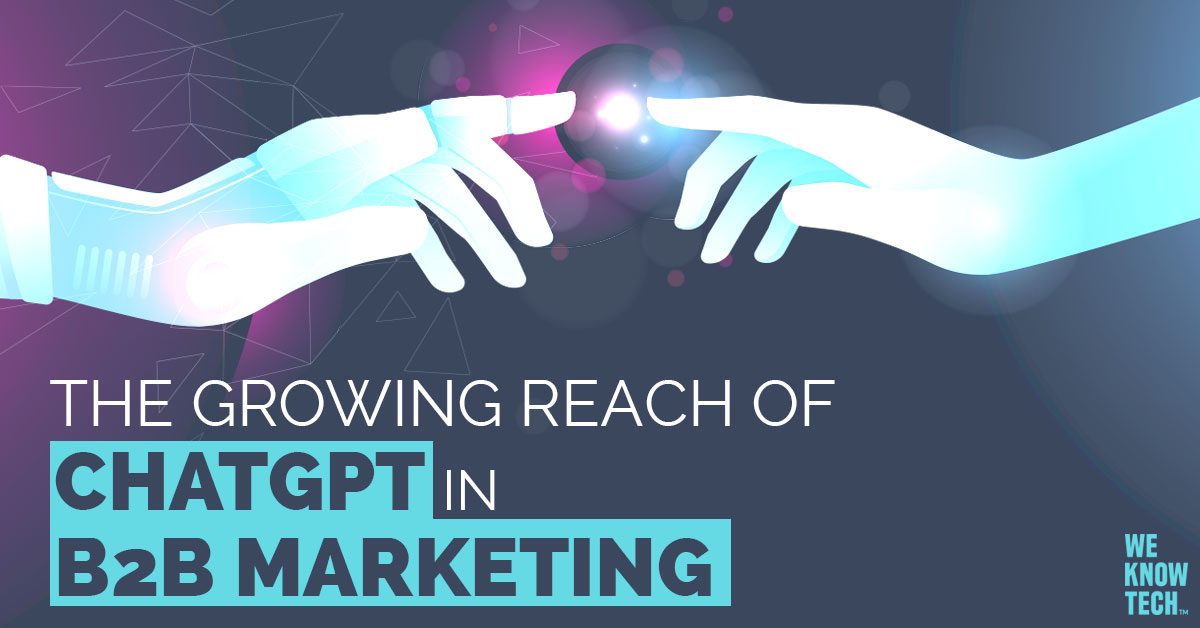
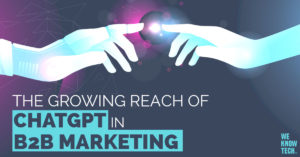







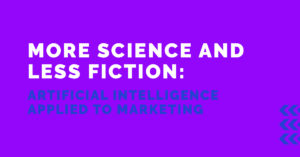 Artificial Intelligence (AI) is the simulation of human intelligence by machines. It’s likely the first thing that comes to mind when you think about science fiction films like Terminator. What you probably didn’t realize is that this enthusiasm is grounded in reality: we live in an increasingly connected and intelligent world. Today, you can build an airplane, invest in stocks, and even connect your CRM to your inbox to prioritize the most important emails. And the numbers speak for themselves: According to SEM Rush, the projected annual growth rate of AI between 2020 and 2027 is 33.2%.
Artificial Intelligence (AI) is the simulation of human intelligence by machines. It’s likely the first thing that comes to mind when you think about science fiction films like Terminator. What you probably didn’t realize is that this enthusiasm is grounded in reality: we live in an increasingly connected and intelligent world. Today, you can build an airplane, invest in stocks, and even connect your CRM to your inbox to prioritize the most important emails. And the numbers speak for themselves: According to SEM Rush, the projected annual growth rate of AI between 2020 and 2027 is 33.2%.